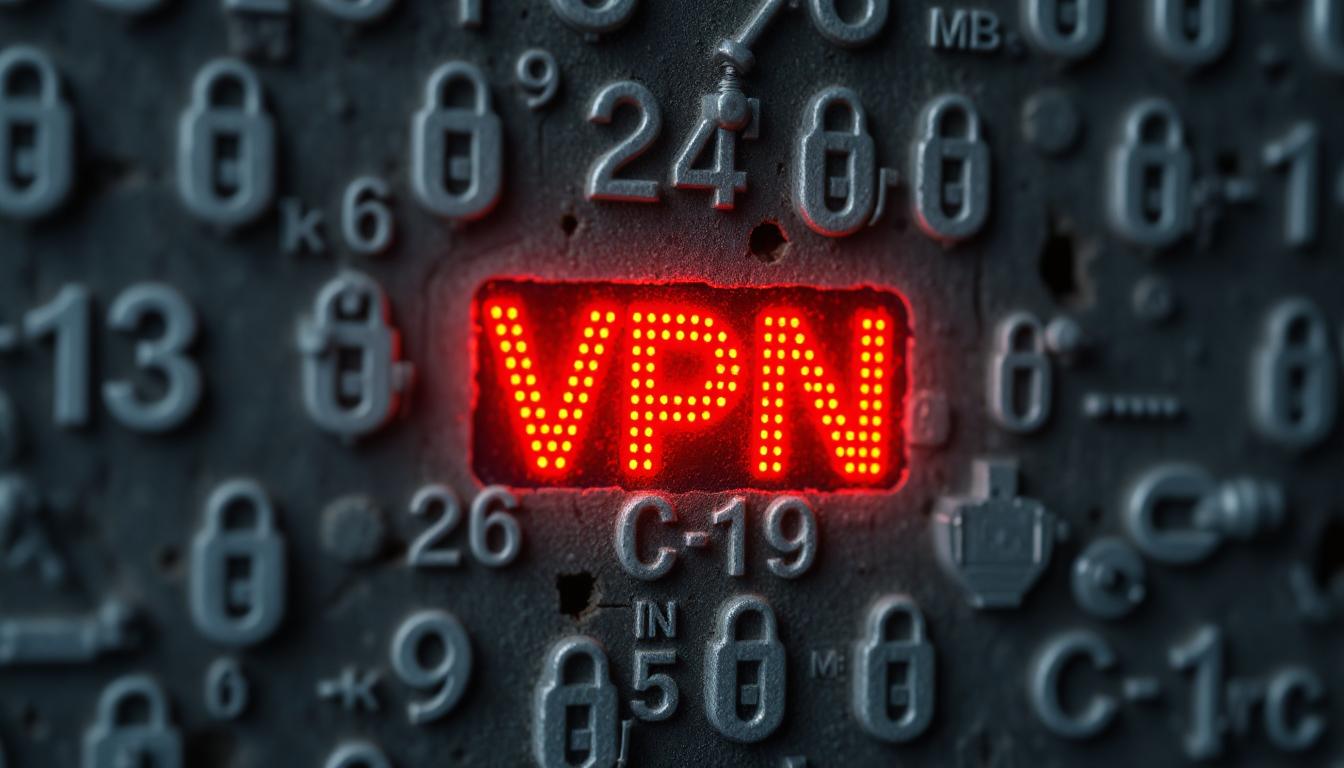The Importance of IPv6 in VPN: A Safer and More Efficient Future
With the rapid advancement of technology and the increasing number of devices connected to the internet, the need for new protocols like IPv6 is strongly felt. IPv6 not only helps to solve the problem of IP address scarcity but also offers many benefits in terms of security and performance. In this article, we will examine the importance of IPv6 in Virtual Private Networks (VPNs).
- What is IPv6?
Internet Protocol version 6 (IPv6) is recognized as the latest and most advanced version of the Internet Protocol. With the ever-growing number of users and devices connected to the internet, there was a need for a more efficient and expansive addressing system. IPv6 was designed to replace IPv4, which had limitations in the number of addresses it could provide. IPv6 addresses are designed to offer billions of unique addresses, easily meeting the current and future needs of the internet. This protocol not only addresses the issue of address scarcity but also provides new features such as enhanced security and advanced network management capabilities. IPv6 was introduced by the Internet Engineering Task Force (IETF) in December 1998 and has since been increasingly implemented across various networks, particularly in mobile markets.
- Types of IPv6 Addresses
1. Unicast Addresses: These addresses refer to a specific device. When you send a data packet to a unicast address, that packet reaches only that particular device. In other words, each unicast address belongs exclusively to one device.
2. Multicast Addresses: These addresses represent a group of devices. When data is sent to a multicast address, all devices within that group receive the data. This type of address is very useful for sending information to multiple recipients simultaneously.
3. Anycast Addresses: These addresses refer to multiple devices, but when data is sent to an anycast address, only the nearest device to the sender receives that data. In other words, these addresses belong to several devices, but only one responds.
- Benefits of Using IPv6 in VPN
1. More Addressing: With IPv6, an infinite number of addresses are available. This allows organizations and users to connect more devices to the VPN without worrying about address shortages.
2. Enhanced Security: IPv6 natively supports IPsec (Internet Protocol Security), which enables data encryption and authentication. This feature enhances VPN security and reduces the risk of breaches.
3. Better Efficiency: The IPv6 protocol provides better performance by reducing the need for NAT (Network Address Translation). This results in faster and more stable communications.
4. Support for New Devices: With the expansion of the Internet of Things (IoT), there is a need for addressing millions of new devices. IPv6 allows for more devices to connect to and utilize the VPN.
5. Reduced Latency: By using IPv6, communications are more direct and faster since there is no need for address translation. This positively impacts the quality of VPN services.
- Challenges of Using IPv6 in VPN
Incompatibility with Some Equipment: Some older equipment and software still support IPv4 and may not be compatible with IPv6.
Training and Awareness: Many users and network administrators are still unfamiliar with IPv6 concepts and require training.
- Conclusion
Utilizing IPv6 in VPNs not only helps solve address scarcity issues but also improves security and efficiency. Given the growing trend of connecting devices to the internet, investing in IPv6 technology is essential for organizations and users alike.

